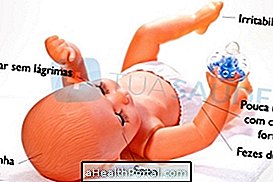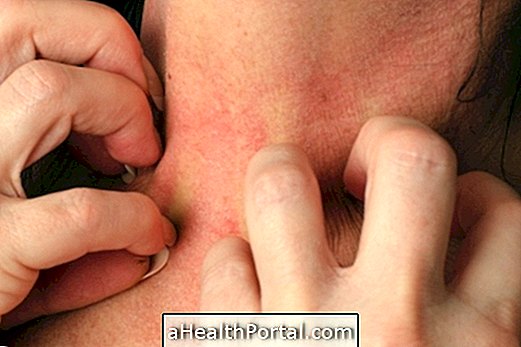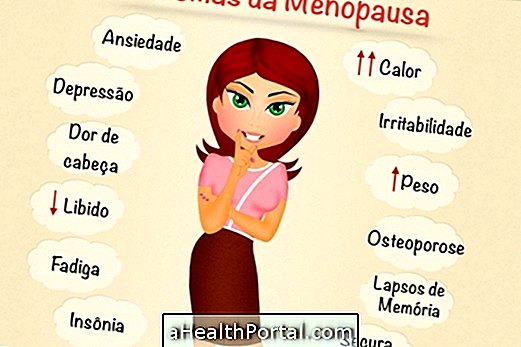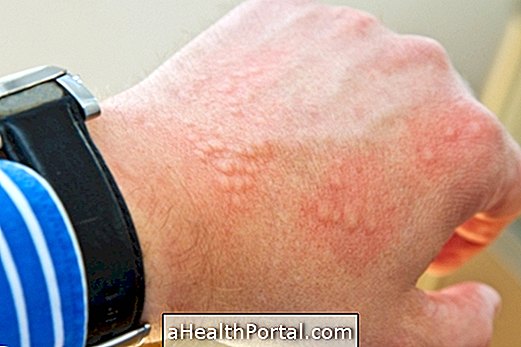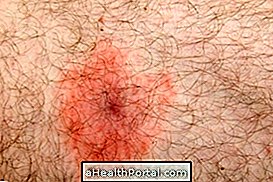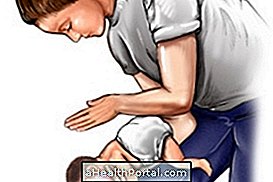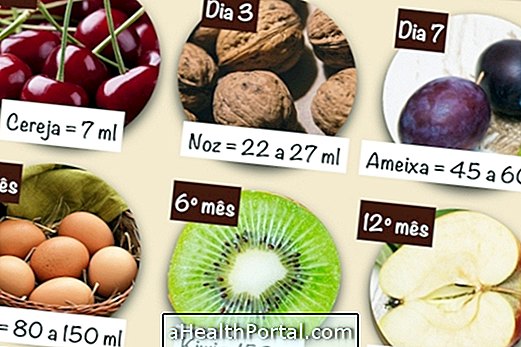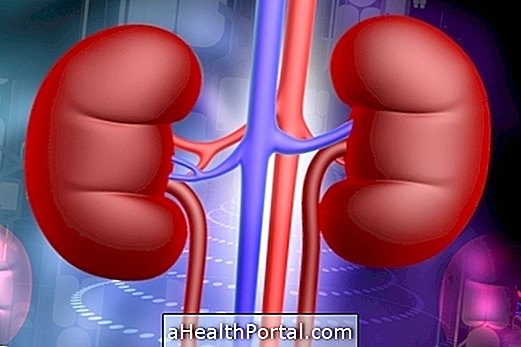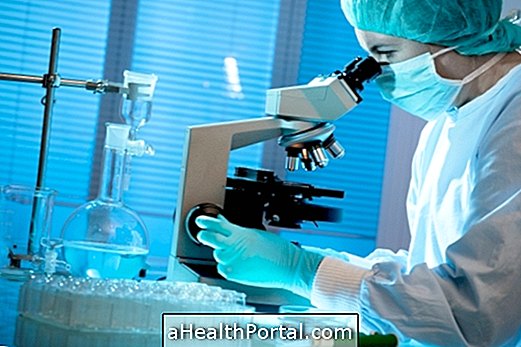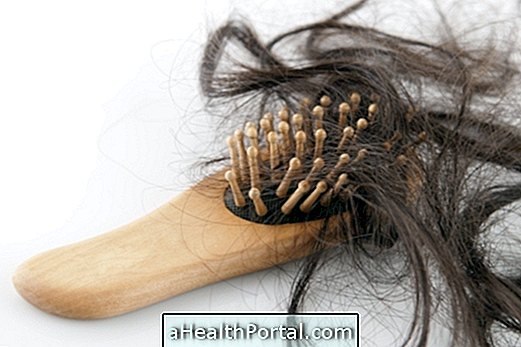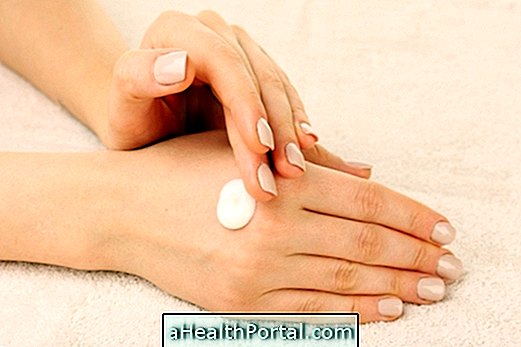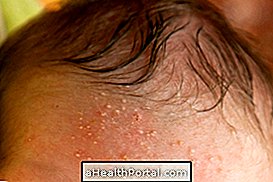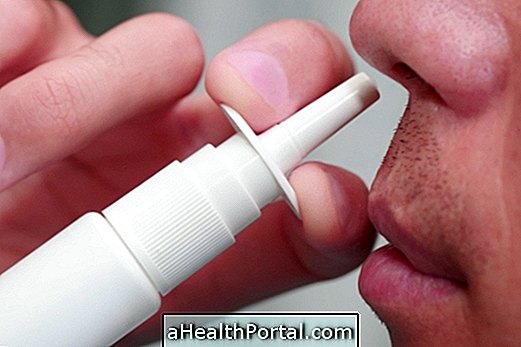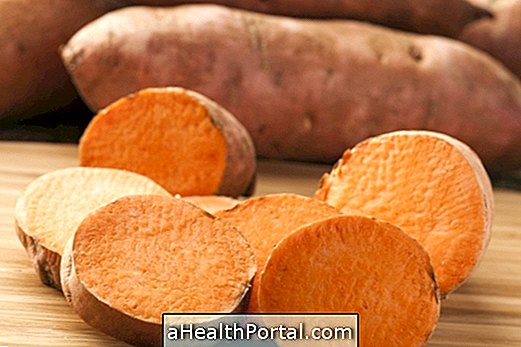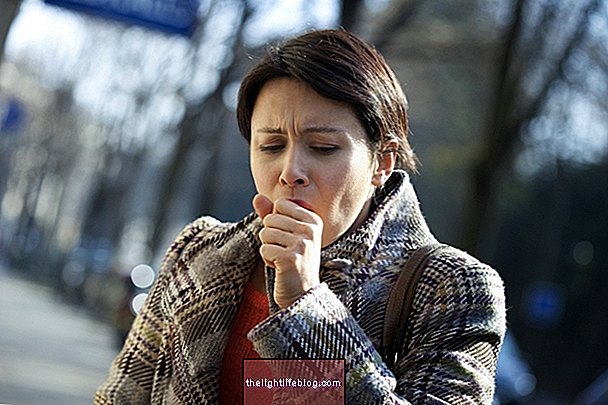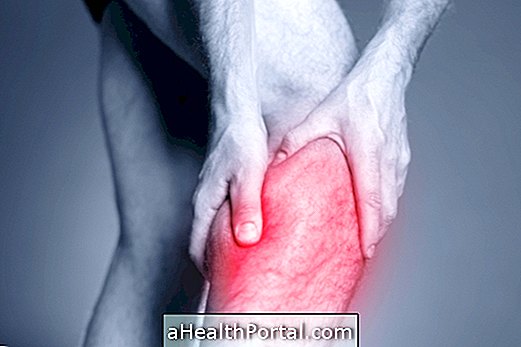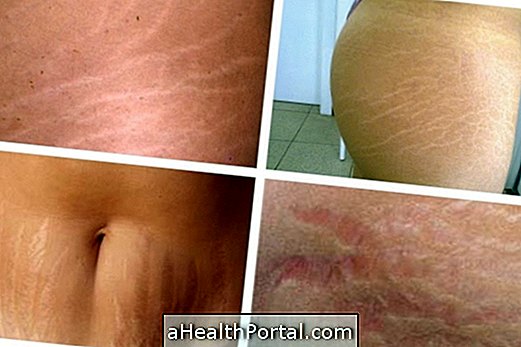Anal pain, or anal pain, can have several causes, such as fissures, hemorrhoids or fistulas, so it is important to check in which situations the pain appears and if it is accompanied by other symptoms such as blood in the stool or itching, for example.
However, anal pain can also be caused by sexually transmitted diseases, such as chlamydia, gonorrhea or herpes, as well as bacterial infections, inflammation of the intestine, abscesses or cancer. Thus, it is important to consult a proctologist because it may be necessary to take only antibiotics or have surgery depending on the cause of anal pain. Learn more about anal cancer.
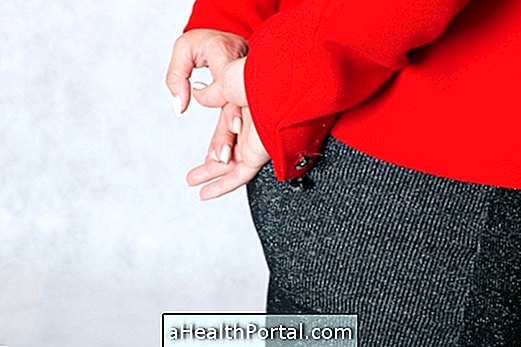
Some common causes of anal pain are:
1. Hemorrhoids
The presence of hemorrhoids can result in anal pain with itching and arise due to constipation, intimate anal contact or pregnancy. Hemorrhoids can be noticed by swelling in the anal area that causes discomfort, itchy anus, red blood in the stool or toilet paper, and anal pain when walking or sitting, for example.
What to do: To treat hemorrhoids, cold seat baths or hemorrhoid ointments such as Proctosan, Proctyl or Traumeel may be indicated. If the hemorrhoids do not disappear and the discomfort becomes more and more, it is recommended to seek the advice of a gastroenterologist or proctologist so that the hemorrhoids are evaluated and thus the best treatment can be done, which may involve the surgical removal of hemorrhoids. Learn more about treatment for hemorrhoids.
2. Anal fissure
The anal fissure is a small wound that appears in the anus and that can cause anal pain when evacuating and the presence of blood in the stool. In addition, anal fissure can be noticed through the appearance of other symptoms such as burning while evacuating or urinating and itching in the anus, for example.
What to do: Most of the time, the anal fissure goes by without needing any kind of treatment. However, the use of anesthetic ointments, such as Lidocaine, for example, in addition to sitting bath with warm water may be recommended. Learn more about anal fissure treatment.
3. Intestinal Endometriosis
Intestinal endometriosis is a disease in which the endometrium, which is the lining of the uterus, develops around the walls of the intestine, which can result in anal pain during menstruation. In addition to anal pain, there may be abdominal pain, nausea and vomiting, blood in the stool and difficulty to evacuate or persistent diarrhea. Learn more about intestinal endometriosis.
What to do: The most recommended is to consult the gynecologist as soon as possible for the diagnosis and treatment, which is usually done through surgery.
4. Infection
In some cases, yeast infection can lead to anal pain when cleaning up. Thus, it is important to go to the doctor to identify the micro-organism causing the infection and thus to perform the best treatment. It is usually recommended to use antimicrobials, in addition to avoiding the use of hygienic paper exaggerated, giving preference to hygienic shower.
When to go to the doctor
It is important to consult a proctologist or go to the emergency room when anal pain takes more than 48 hours to pass after using anal ointments or anesthetic medicines such as Paracetamol.
It is important for the doctor to identify the cause of recurrent or worsening anal pain over time, as it can be a sign of serious problems such as anal fistula or cancer that may require treatment with surgery.
